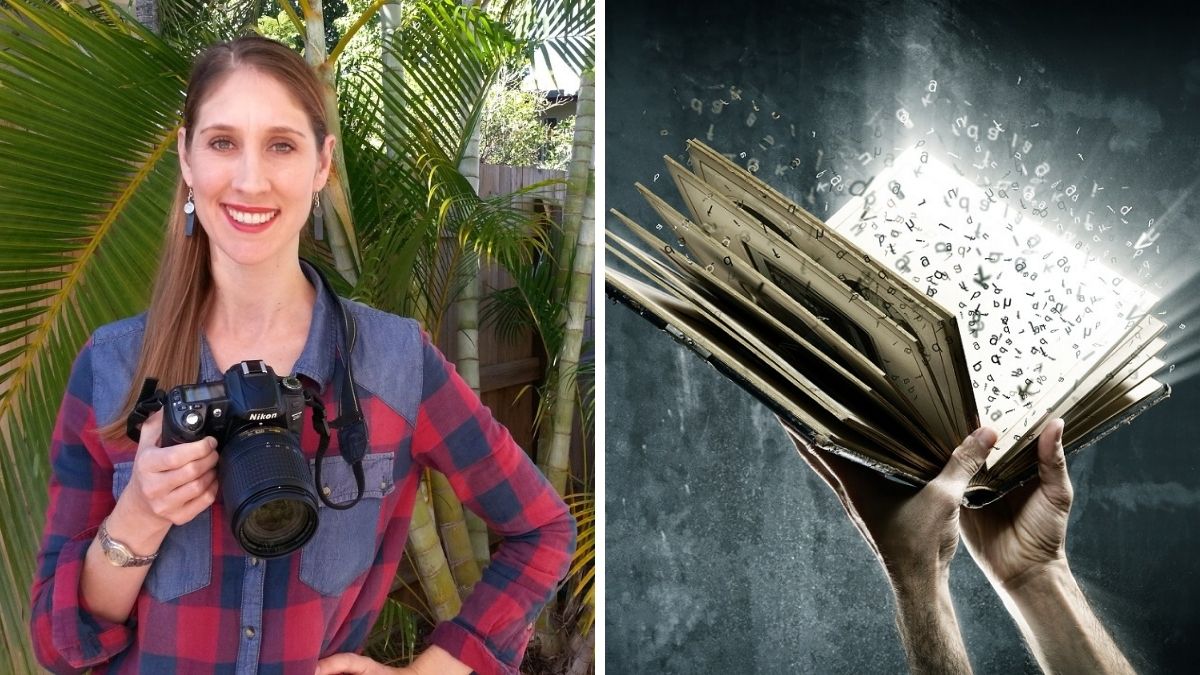
3 ideas for approaching and exploring painful memories in your writing
First published May 19, 2018: This article has been updated and improved.
Australia recorded its most deadly day for coronavirus deaths last week.
Certainly it is such a scary time for all of us around the world as the pandemic takes hold in successive waves.
The new normal feels sombre and has me thinking about important memorial days such as Anzac Day.
Likewise these can bring up sad and painful stories.
Wars and the loss of a loved one are difficult topics to address in an autobiography, memoir, biography or a life-story interview.
Many do not know how to sit down and write about or approach such stories no matter how much they want to.
But this doesn’t mean painful stories should be left out of writing stages.
Some memories, even painful ones, need to live on, be understood and learnt from.
Here are a few tips to help keep you writing when you come to painful stories …
Continue reading Painful stories: How to write about sad memories and hard conversations



